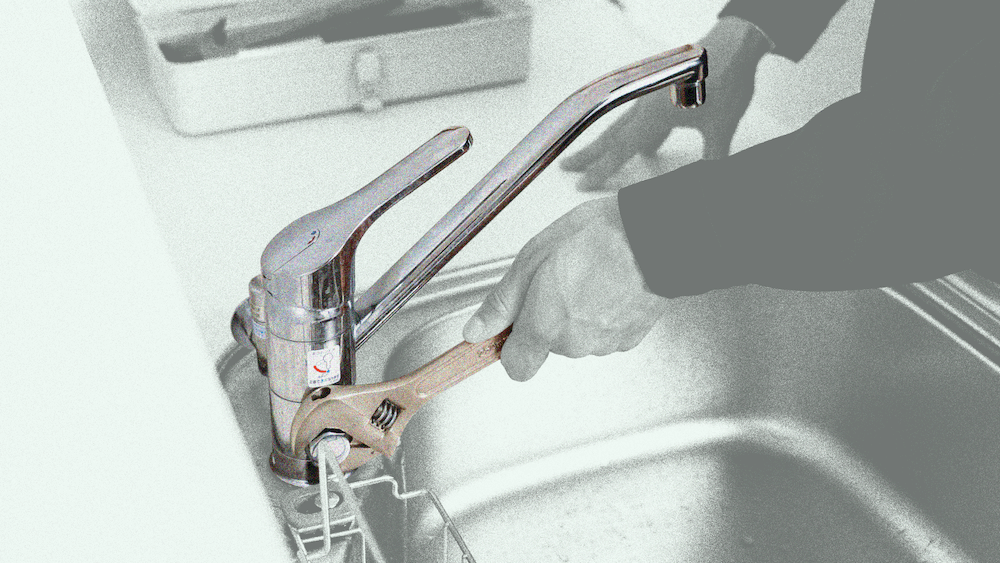

Finding your dream home is a feeling like no other. But before you close the deal and sign on the dotted line, buyers should always do their due diligence by scheduling a home inspection. Home inspections might seem like a pain, but they can save you a lot of money and stress in the future. Plus, inspecting your future home — whether it’s a house or condo — is much easier when you hire a professional and use Wahi’s helpful checklist (see below) on what to look for during the inspection.
A home inspection is a visual examination of the home. This includes everything from the roof and the windows to the driveway and the foundation. It can be conducted by the buyers but more often is done by professional home inspectors. The purpose of a home inspection is to look for any major flaws and understand what will need to be repaired or replaced in the short and long term. Home inspections are typically conducted before a home is purchased to make sure there are no major issues.
Though home inspections are often completed at the behest of the buyer, this isn’t always the case. A pre-listing home inspection is when a seller has their home inspected by a professional before they put it on the market. These types of inspections are usually done in the hopes that they will make the home more enticing to sellers. Pre-listing home inspections can be beneficial to both buyers and sellers. They can result in a home being sold quicker (a major pro for the seller) while providing peace of mind to the buyer that the home is in good condition.
Inspecting your potential home is a crucial component of the home-buying process. Doing so offers a whole host of benefits to the buyer. From discovering costly repairs and safety hazards to using the home inspection report as leverage in your negotiation, there are many reasons that home inspections are beneficial to buyers.
One of the main purposes of home inspections is to inform buyers about any necessary repairs or replacements in the home. A home inspector will assess everything — the windows, doors, basement, kitchen, driveway, roof, electrical, plumbing, heating, ventilation, and more. Home inspections will reveal any issues with the home, giving buyers an idea of how much money they will need to invest to fix the problems. Ultimately, if the necessary repairs and replacements are significant, the buyer may decide the property is more trouble than it’s worth.
After a home inspection is completed, the inspector will issue a report. This report can then become a powerful negotiation tool for the buyer. Depending on the findings of the report, the buyer might be able to use it to negotiate a better deal on the home. If many repairs are needed, they can try to negotiate a lower price. Alternatively, they may negotiate an amendment to the contract requiring certain repairs be completed before they close on the property. When buying a home, you want to have as many advantages as possible, and doing a home inspection can give you just that.
Some insurance providers won’t sell you home insurance if your house has certain issues. These issues may only be discoverable via a home inspection. Therefore, to insure your new home, a home inspection and the consequent report will either confirm that there are no problems or allow you to fix them so your home meets the insurance company’s conditions.
One last benefit of home inspections is that they open your eyes to potential safety hazards. While repairs and replacements can be costly, there is nothing as important as your safety. Most home inspections involve looking for signs of mould, water damage, and carbon monoxide. If the inspector thinks any safety hazards are present, it’s essential to know before closing. On the other hand, if the inspector does not find any noteworthy safety issues, this can provide unparalleled peace of mind to buyers.